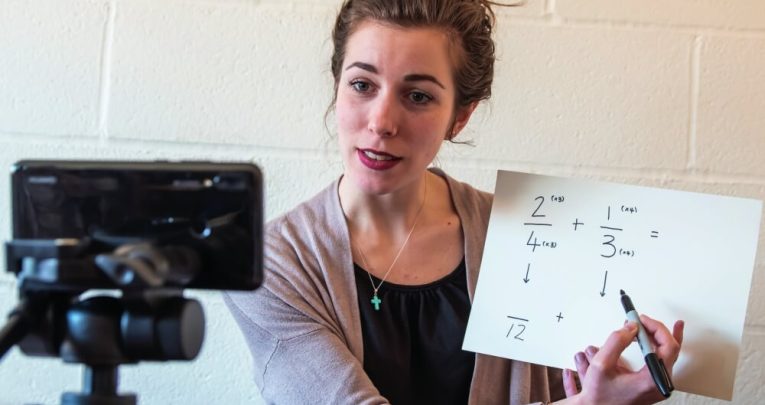New teachers, COVID and you – How to help your ECTs survive and thrive

Those just starting out on their teaching careers now face considerably greater challenges than those who came before them, observes Nikki Cunningham-Smith…

Let’s rewind to a chat I had with a friend in January 2020, where we were discussing our New Year’s resolutions.
She was weighing up whether to train to be a teacher when I, in my wisdom said, “2020, mate – nice round, even number. Something feels good about this year. I say go for it. I mean, what’s the worst that could happen?…”
I had, of course, just chivvied my friend into undertaking teacher training, and then doing her NQT year during a global pandemic. Well, how was I supposed to know what was to come…?
Whilst my friend’s time navigating life as an ITT and NQT during a pandemic was certainly difficult, it wasn’t impossible. I believe that’s down to the amazing ways in which schools responded to the pandemic at every single level.
Realistic timelines
No stone was left unturned by those on the frontline. The nature of my work meant that I was lucky enough to work and liaise with a number of different schools, all of which utilised various ways of supporting and enabling their NQTs to be, or become a part of their teams in these Unprecedented Times (you can now put down your Corona Bingo Card).
Despite some of the education-related headlines peddled over the last year and a half, it hasn’t all been doom and gloom.
The guidance issued by the government and developed within schools themselves has shown vividly the commitment of those at the education chalk-face to bringing in new teachers and supporting them, despite the obstacles constantly thrown at them.
I’m aware of schools that have extended their induction processes, so as to provide adequate support opportunities and realistic timelines for those entering the profession in the face of coronavirus infection risks and enforced absences.
Adjustment to official guidance now means that trainees no longer have to have worked at two schools, though that hasn’t removed the need to gain experience of working across different schooling environments.
Some schools have therefore set up cross-school NQT networking opportunities, providing access to activities such as staff training, and opportunities to attend departmental meetings and CPD sessions outside of NQTs’ main placements.
Do your homework
So what advice can I offer to NQTs (aside from embracing your lovely little name change to Early Career Teacher?).
Well, it seems likely at this stage that many schools will continue to use online interviews, due to the flexibility and distance they offer at a time when schools have to be mindful of protecting their students and staff, so your ability to visit schools in person may be limited.
As such, when the time comes to prepare for that interview, channel your inner Columbo / Jessica Fletcher / Poirot / Veronica Mars (delete according to age) and get that research in.
Seek out the school’s social media presence, past trips, theatrical productions, current staff, minutes of governor’s meetings, CPD activities and any link and feeder schools it works with.
Even its appearances in the local press can give a good indication as to the school’s spirit and ethos. This is all information that’s available at your fingertips, so use it to figure out if this is really the school for you, and if it is, to enter the interview as fully prepared as possible.
Plugging the gaps
As and when you secure that first job, make sure you insist that support is made available to you. Frequent contact opportunities are your right, whether conducted face-to-face or virtually. Your NQT meetings shouldn’t be abandoned, so be proactive in ensuring you receive all the support you need to make it through.
Your mentor can help with plugging any gaps in your knowledge that might stem coronavirus restrictions during your initial teacher training, signposting you to options such as networking with professional peers in your subject area, acquainting you with behaviour management strategies you may have missed or introducing you to other NQTs (or indeed ECTs) in a similar position to you.
The landscape may have changed, but the avenues for building confident and solid foundations for your first forays into teaching are still very much open.
Nikki Cunningham-Smith is an assistant headteacher at a school in Gloucestershire.








